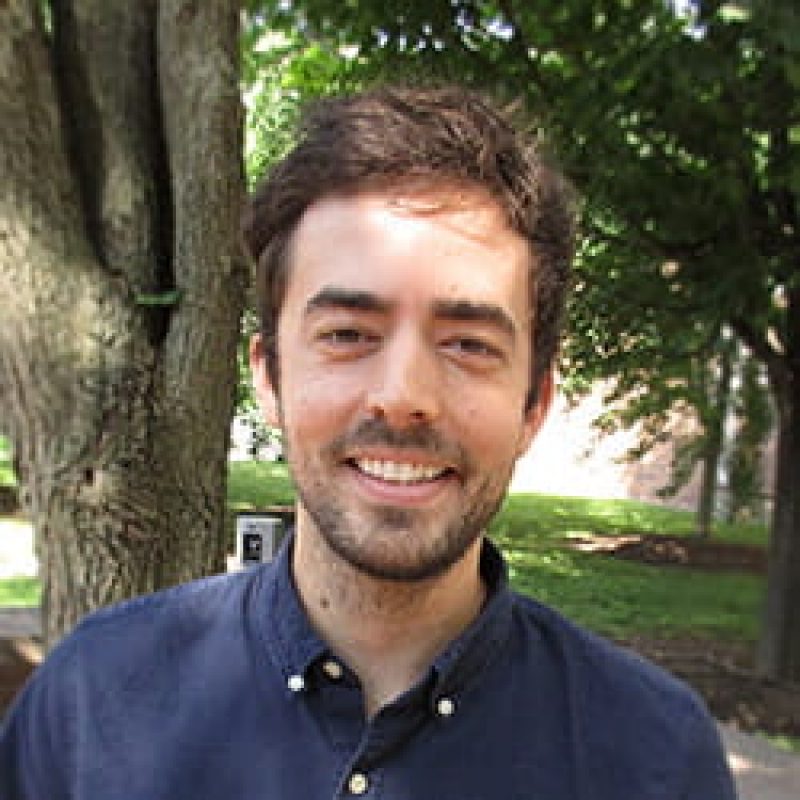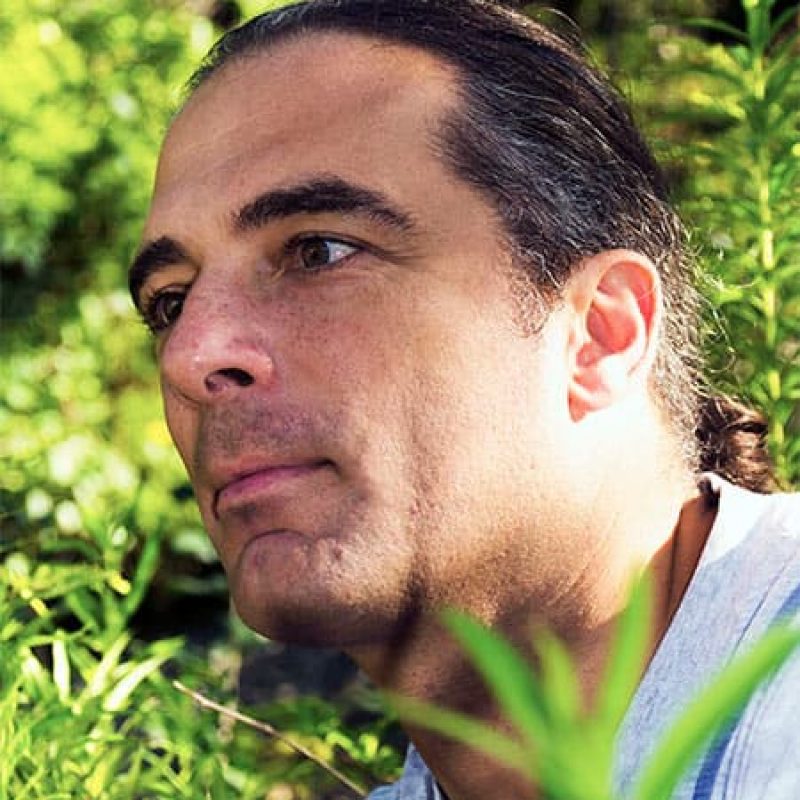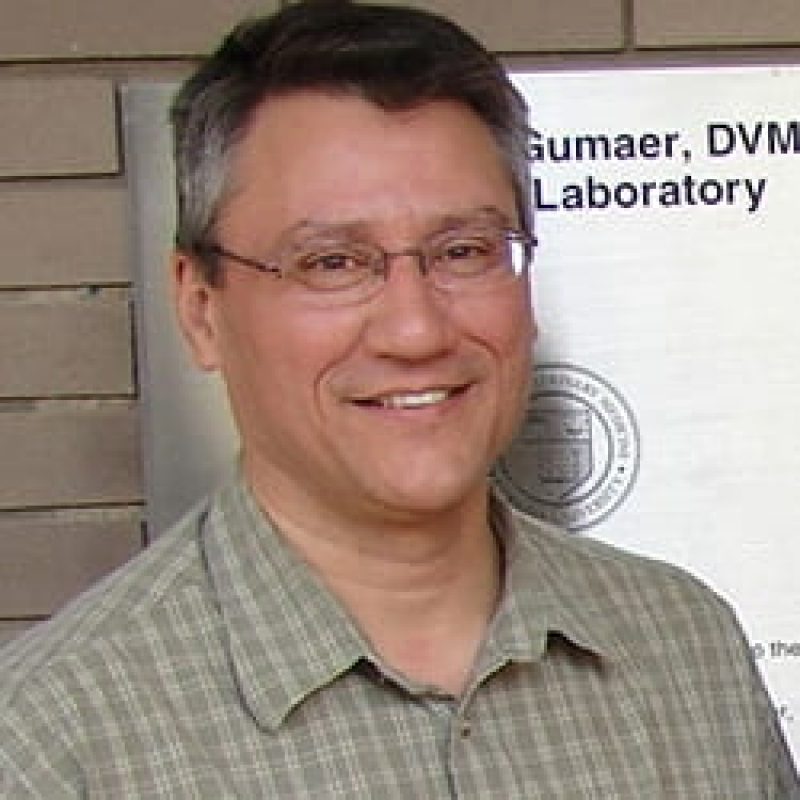Research Area: Disease Ecology and Evolution
-

Courtney Murdock
A main driver of vector-borne disease transmission is the ecology of the insect vector. Changes in climate and land use alter ecological relationships insect vectors have with their hosts and pathogens, resulting in shifts in transmission. The research in the Murdock lab applies ecological and[...] -

Andrew Moeller
We study the evolution of vertebrate gut microbes. Our work focuses on the co-evolutionary histories of animals and their microbiota using a combination of omics approaches, gnotobiotic experiments, and field studies. Students will gain experience in anaerobic bacterial culturing, genome sequencing workflows, and comparative genomics bioinformatics[...] -

Scott McArt
We study how pathogens influence pollinator health. Students collect data on plant-pollinator visitation networks, pathogen prevalence in bees and at flowers, pathogen replication and impacts on host survival, or conduct manipulative experiments to understand transmission parameters. The overall goal of our work is to improve[...] -

Daniel Klessig
Our research is focused on understanding how plants protect themselves against microbial pathogens at molecular and cellular levels. Major goals are to determine the mechanisms of salicylic acid (SA) activation and regulation of the plant’s immune responses, and to identify new targets or aspirin (acetyl[...] -

Andre Kessler
The research in the Kessler Lab focuses on the ecology and evolution of plant chemical defenses (secondary metabolites) to pathogens and herbivores and the role of soil microbial communities to affect and be affected by plant secondary metabolism. Thus we try to understand how microbially-mediated[...] -

Gerald Duhamel
My research is focused on the eukaryotic cell DNA damage response (DDR) to a novel bacterial genotoxin called cytolethal distending toxin (CDT) within the context of intestinal disease of human and animals. I also have extensive experience in the development and assessment of laboratory animal[...] -

Andrew Clark
We study the molecular evolution and population genetics of the immune system in Drosophila and other insects, specifically focusing on comparative genomics and transcriptional regulation of the immune response. We also explore host genetic variation in microbiome composition and function in a large human twin study and[...] -

Yung-Fu Chang
My research focuses on the pathogenesis of bacterial diseases and vaccine protection mechanisms. My lab is working on the interaction of host receptors and virulence factors of C. difficile (toxins), Leptospira spp, and F. nucleatum (adhesins). We are also working on the mucosa immunity against F. nucleatum and M. avium subsp. paratuberculosis using outer membrane vesicle[...] -

Gary Whittaker
My lab has a broad interest in the structure and function of viral envelope proteins, and how genomic mutations lead to changes in the envelope proteins and control viral pathogenesis. We primarily study influenza viruses of humans and animals, and coronaviruses, principally, SARS-CoV, MERS-CoV and[...] -

Maren Vitousek
My lab studies how stress and social interactions alter the biological state of organisms and their gut microbes. Much of our work uses free-living passerine birds as systems to test the gut microbial impacts of stress and social connectedness. Student projects will involve field work[...]
